Knock Knock! Oriol Riverola’s hidden Barcelona townhouse
Fitzcarraldo.
Known as electronic musician and DJ John Talabot, Oriol Riverola lives in a hidden townhouse in Gràcia, Barcelona, built by Arquitectura G. His work epitomizes his understanding of music: rigorous and committed, but constantly dynamic and open to the unexpected.
Photography by Pia Riverola Interview by Levi Di Marco
, [Monster Rug](/rugs/monster/30491), and [Bubble Candelabra](/hem-x/bubble/70048).](https://images.ctfassets.net/v1z1ea1ae17v/2Xeg9qkb23nI0mOnvV1ey2/f19c00dc3e8d865511bf05d8bd3e92ef/4x5Crop_Cropped_2023_Hem_Oriol-Riverola-Pia-Riverola-2.jpg?w=1280&h=1600&fl=progressive&q=80&fm=jpg)
Oriol amongst Puffy Lounge Chair, Monster Rug, and Bubble Candelabra.
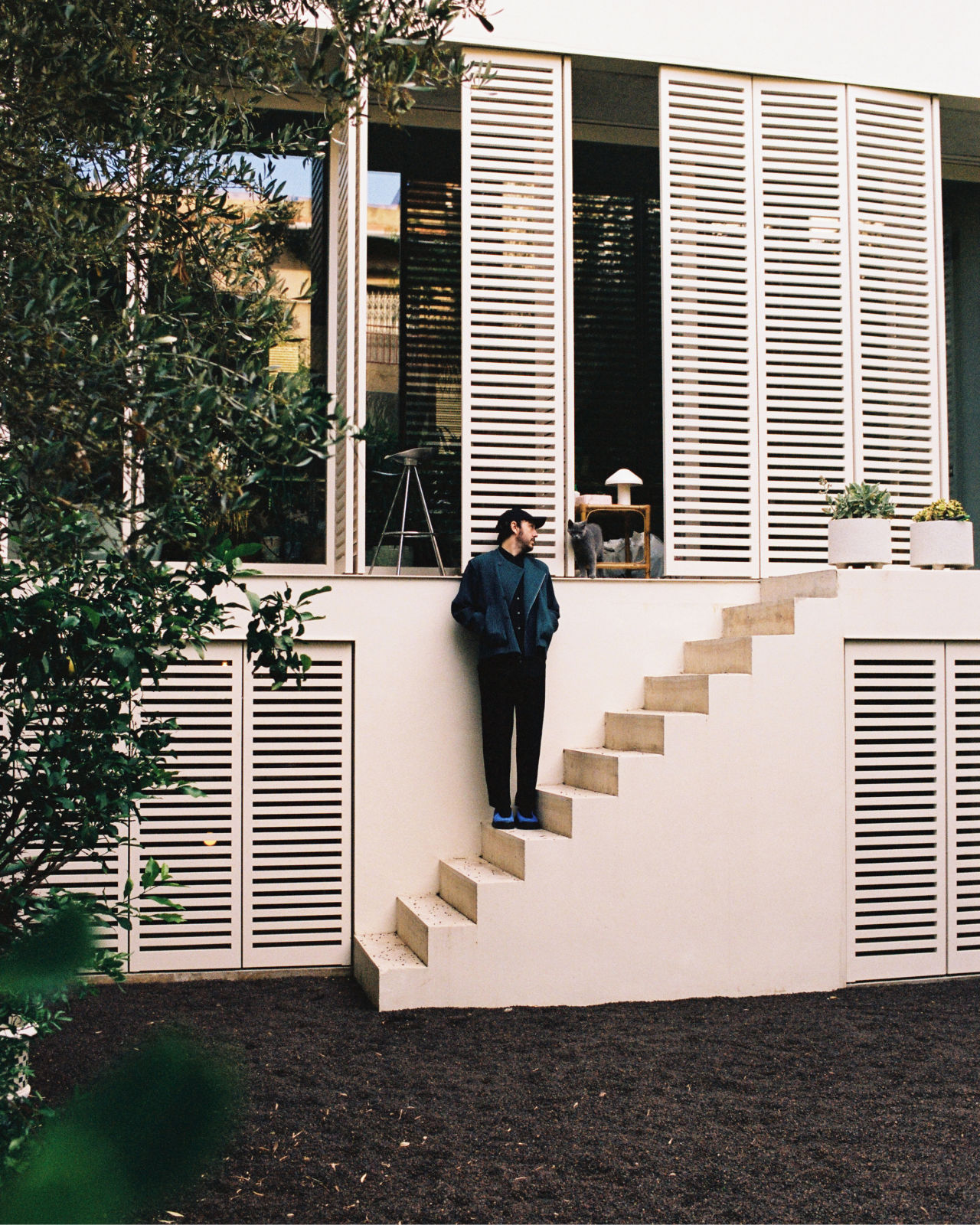
What’s the story behind the name John Talabot?
John Talabot is the name of the primary school Pia, my brother and I went to. If I remember the story well, John Talabot or John Talbot, depending on the book edition, was a character that appears in one of the first written books in Catalan and he’s hired as a translator. And they got it from there as it was a 3-language school.
What are you listening to right now? Do you listen to your own music?
I listen to a lot of music at home, both my own and completely different kinds of music. Club music towards the weekend, if I’m playing. The relationship I have with my own music is a bit obsessive, so it’s more a process of taking notes and overthinking than listening and enjoying. I prefer to listen to other people’s music at home. The other day I had a friend over and we spent the full day just doing that. I always have music around, but being able to do it properly is something that I really appreciate now. This new speaker system is a project we did with a friend collecting parts from old JBL systems. We bought the boxes from a retired rave collective and they were completely destroyed. But the bass is so good now. Also, this system has been very useful for finally comprehending and learning about some old record mixing and recording techniques that I never paid too much attention to before having this system.
“When I’m working I don’t want to know if it’s day or night, if it’s raining or snowing, if it’s the best or the worst day. I want to be in a bubble of continuity to keep my attention on what I do as long as possible.”
Both you and your sister Pia are ridiculously creative.
When did you start expressing yourself?
Our family owned a stationery store and every day after school I would spend hours there playing and creating things from material that was around in the store. I learned to spend a lot of hours on my own as I still do, imagining robots, spacecrafts, inventions, machines and all sorts of things I would do with the garbage. But I really don’t know exactly how both ended up working in our fields and how lucky we are to be able to live from what we do. Some people are really surprised when they discover we are brother and sister. And it’s a question that people ask me quite often too.
Everything I do is about documenting things, my music, my sets, my labels, and my LPs, to try to capture a brief moment of inspiration and creation in the context. Every project has a small purpose, even if I don’t know what it’s for sometimes. It’s hard for me to make decisions sometimes, which is why documenting things becomes an easier task, as I take it as an external observer and try to do the best. For example, when I bought this house it had been closed down for 20 years, and it was emotionally difficult to tear a lot of it down. So, for a full week before the renovation started I bought 30 rolls of film and I photographed everything, every part of the old house, each room.
You designed and built your home with Arquitectura G.
Yes, I was looking for apartments, but needed to fit a studio and living space in. Igor, one of the founders and a close person by then, was the first one I called when I found the old house. And then the project started. For me, architecture is by far the most insane art form, an extreme form of artisan craft. Arquitectura G thinks and works like that. I mean, we did 52 wall paint tests to find the right off-white color! Everything was epic and in the middle of a pandemic, after the constructor left us I felt a bit like Klaus Kinski in Fitzcarraldo, bringing a project somewhere that in some moments I thought I couldn’t finish. It was tough and as intense as every record I’m involved in and sadly it has some personal and emotional costs, too.
 and [Last Stool Pale Lime](/furniture/chairs-and-stools/last/31063).](https://images.ctfassets.net/v1z1ea1ae17v/5Rn3lrBl3u2sVe49ByvEAi/30145e0516e1f3632d0d4564be260271/4x5Crop_2023_Hem_Oriol-Riverola-Pia-Riverola-5.jpg?w=1280&h=1600&fl=progressive&q=80&fm=jpg)
Oriol perched beside Last Stool Brown / Pale Lime Splatter and Last Stool Pale Lime.
 and [Chop Table Round Laminate / Stainless](/furniture/tables-and-side-tables/chop/30820).](https://images.ctfassets.net/v1z1ea1ae17v/6wE4Rf3FlttXOj7iAwZZBJ/4d2b6d75b8241561abf89cb3563e0426/4x5Crop_Cropped_2023_Hem_Oriol-Riverola-Pia-Riverola-11.jpg?w=1280&h=1600&fl=progressive&q=80&fm=jpg)
Oriol lounging with our Chop Chairs (Set of 2) Stainless and Chop Table Round Laminate / Stainless.
What was the brief?
My mother was living in a 55 m2 apartment, my room had enough space for a bed and a table. It was really light, white and simple but beautiful from my memories. It was a small but cozy and nice apartment. Also, we didn’t have a summer house as many people did, just a tiny beach apartment that we used to share with my family. So for me, space was something I dreamt about, having a bigger room as a kid to put more toys or a bigger studio to make music as a teenager, so space was something I always longed for. Therefore the key part of the project was to combine a holiday and living space. Most people want to leave their home for vacation but all I want to do is stay. I enjoy being at home. So the approach to building the house was completely related to that feeling: having a summer house or holiday house in the city with a lot of life and quite simple but spacious. And I went into the project with the same focus as if it was an album.
“Most people want to leave their home for vacation but all I want to do is stay.”
What are you most happy with about the house?
The light. Space and light is the single most important thing for me. I don’t even need furniture if there’s space and light. When I went into the old house for the first time the house was super dark, with tiny windows. And we decided to base a big part of the project around getting light in, so it almost feels like daytime inside the house, all throughout the day and light changes the house every day and in every season. It’s quite beautiful.
, a [Hem X](/hem-x) limited edition piece.](https://images.ctfassets.net/v1z1ea1ae17v/2oAzitiDhQFjgmOPyQtMAs/9599236e9a0bc0d393f7d7598acb345c/4x5Crop_2023_05_Hem_Barcelona_Pia_Riverola_10.jpg?w=1280&h=1600&fl=progressive&q=80&fm=jpg)
Bubble Candelabra, a Hem X limited edition piece.
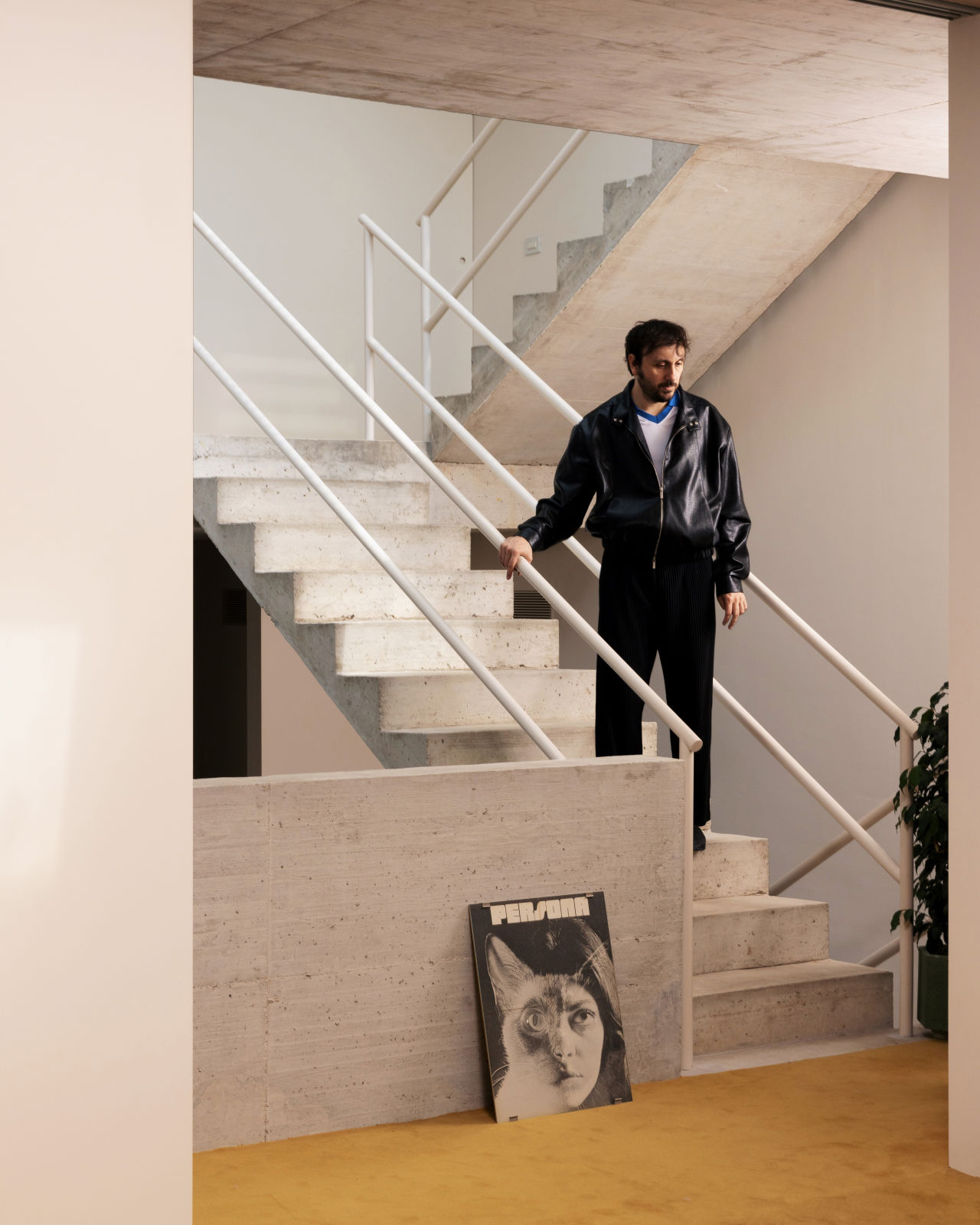
Did your profession play a role in building your house?
I think it did, not sure in what way but many times I called the house project LP2. The only condition I had was that I wanted a studio room and that studio had to be without any natural light. I don’t want to know what time it is when I’m in the studio. When I’m working I don’t want to know if it’s day or night, if it’s raining or snowing, if it’s the best or the worst day. I want to be in a bubble of continuity to keep my attention on what I do as long as possible.
Last question. Did you ever have a really bad gig?
I do, but I embrace bad gigs as they can be weird, funny, dangerous. I’ve had bad experiences, but sometimes they’re the ones you remember the most. And also I’ve been bad at my gig and I also think it is important sometimes to have a bad day. I don’t trust too much in artists that they are always good because then it means they’re almost always in some sort of safe place. I think every single artist has had a couple of bad or weird experiences. Even Coldplay played at weddings. Can you imagine Coldplay playing at your wedding? That would be even more strange.
Inspired by Oriol Riverola’s Barcelona oasis
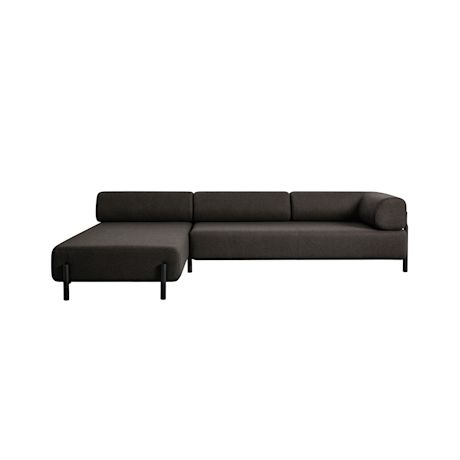
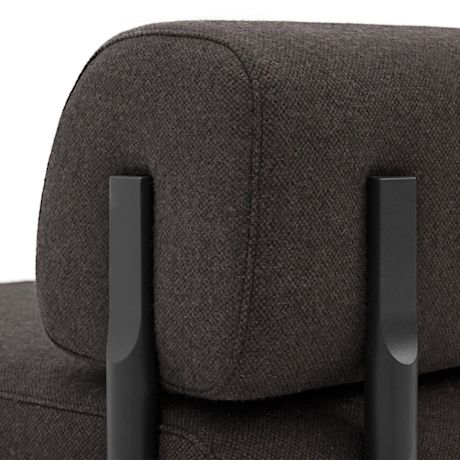
- +9
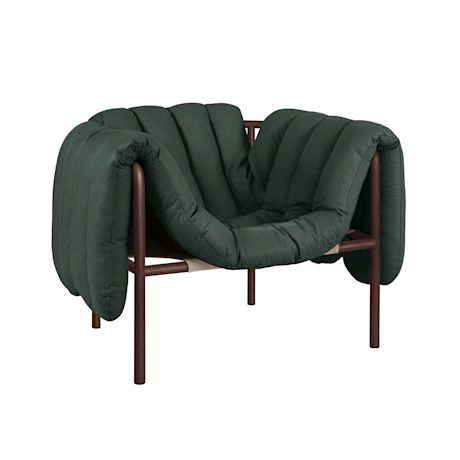
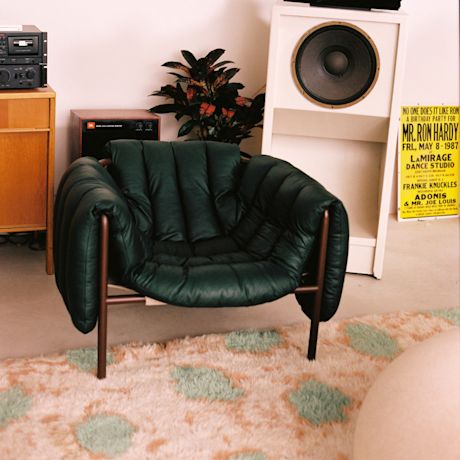
- +7
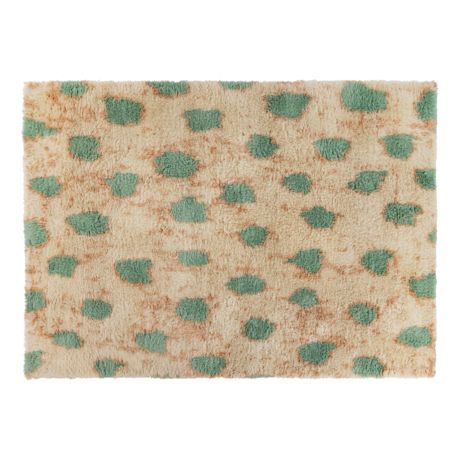
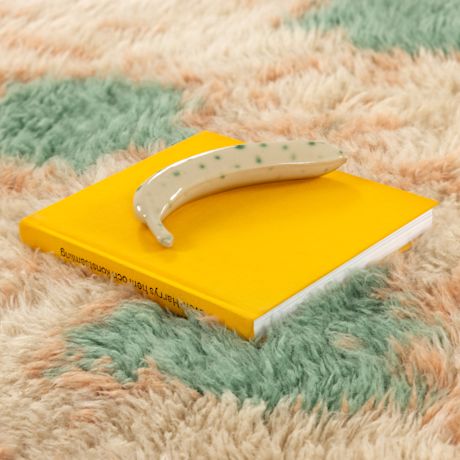
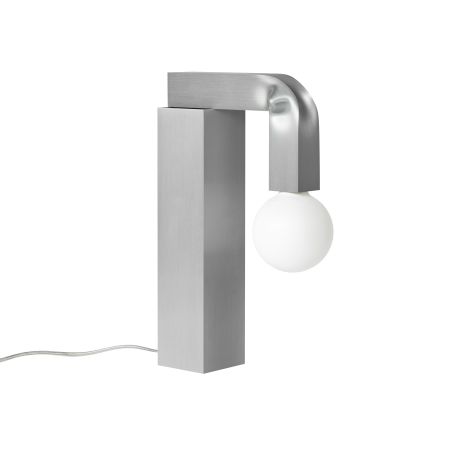
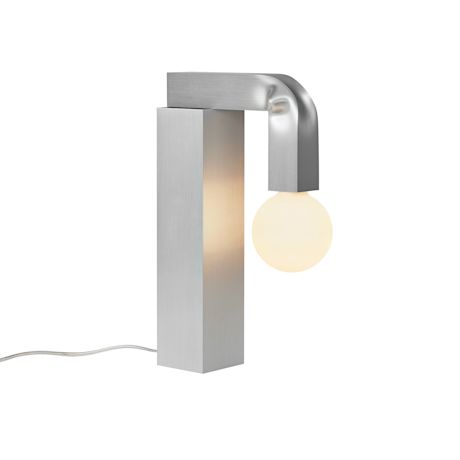
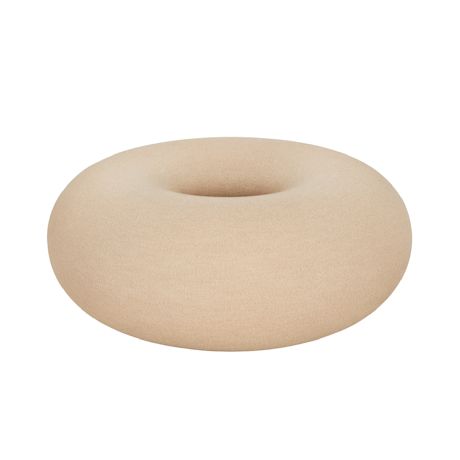
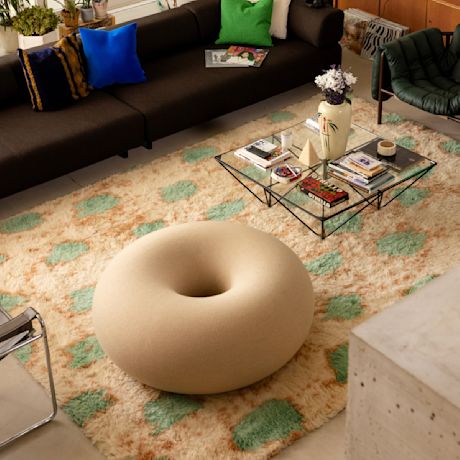
- +7
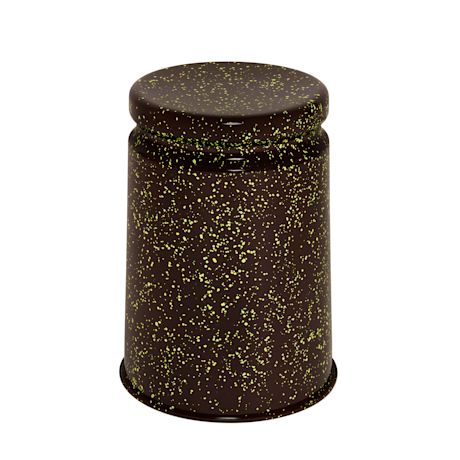
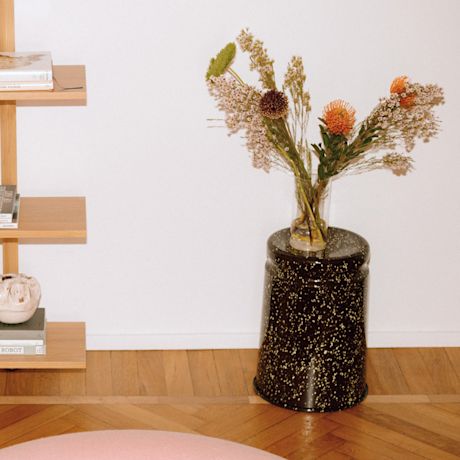
- +9
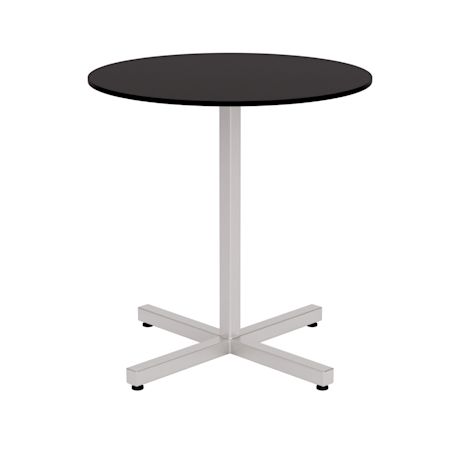
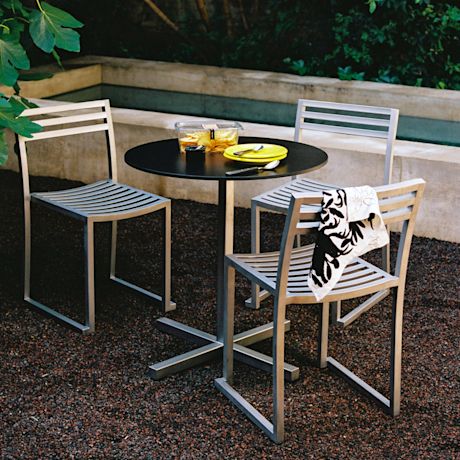
- +1
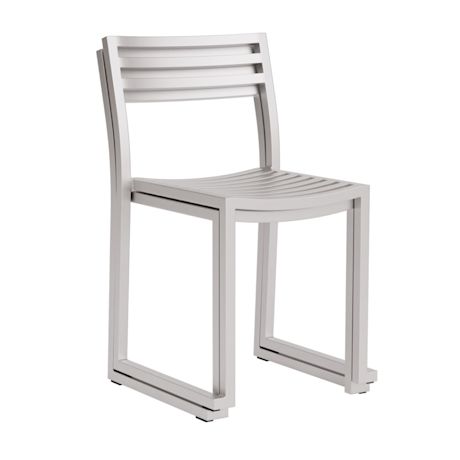
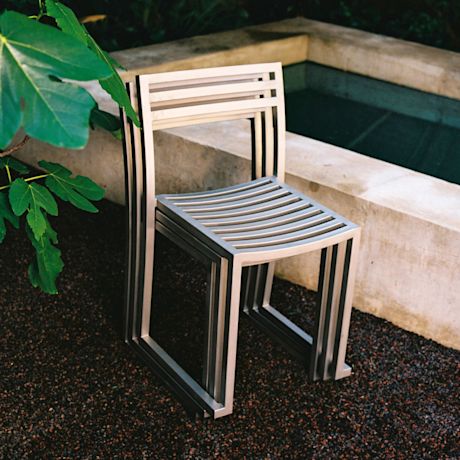
- +1
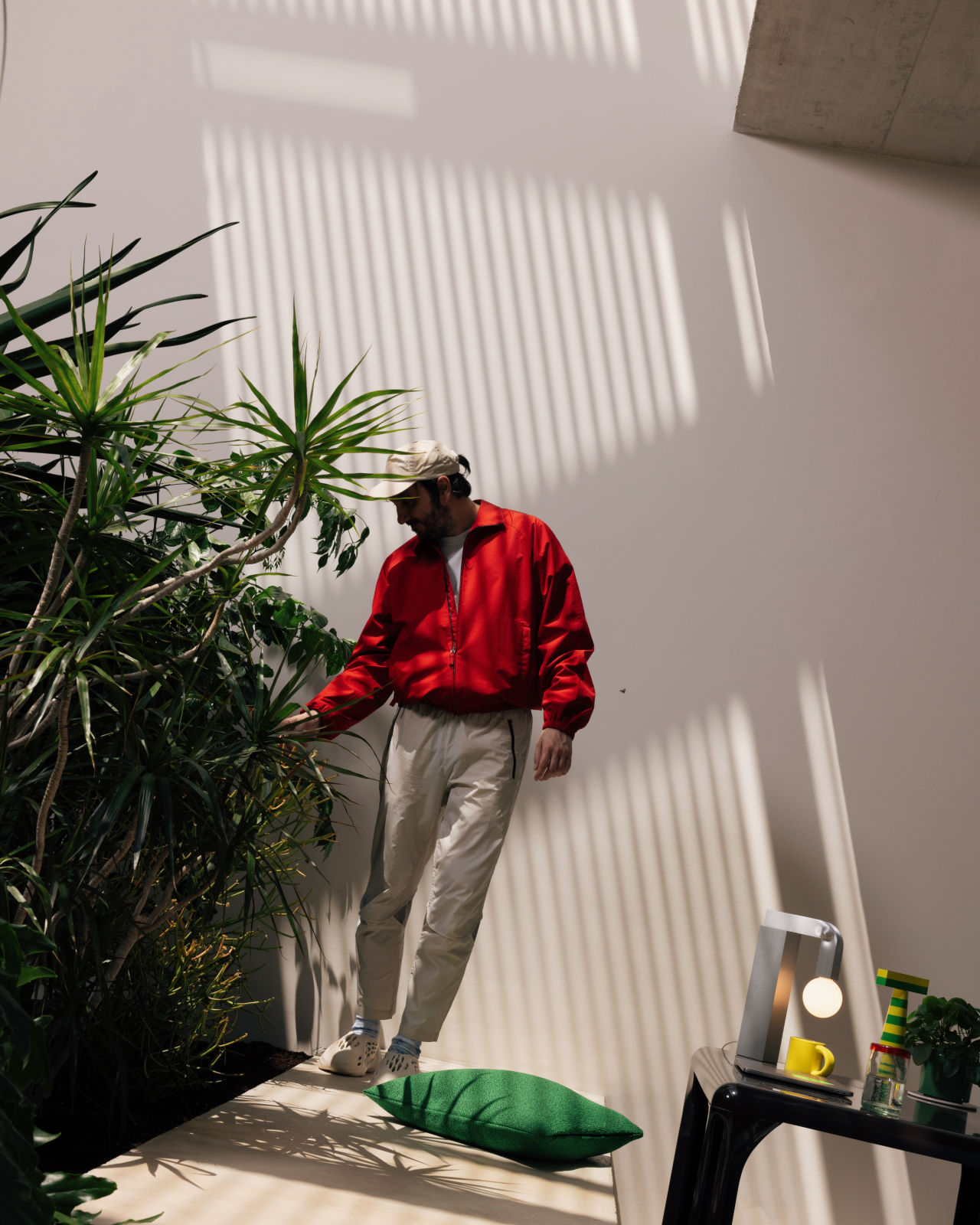
.](https://images.ctfassets.net/v1z1ea1ae17v/010iKl59D6jCalRYHihuVb/2b91ade42ec2babcf57b195f59cce689/4x5Crop_2023_Hem_Oriol-Riverola-Pia-Riverola-10.jpg?w=1280&h=1600&fl=progressive&q=80&fm=jpg)